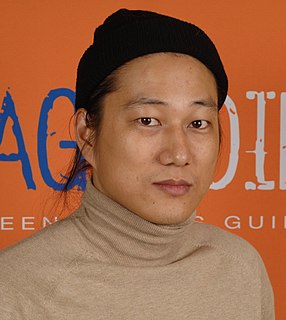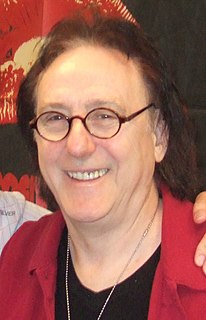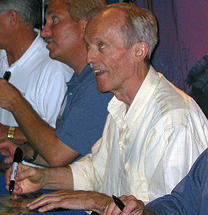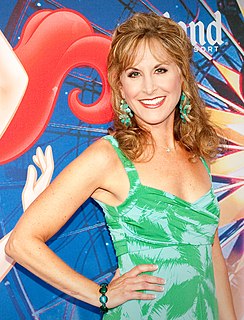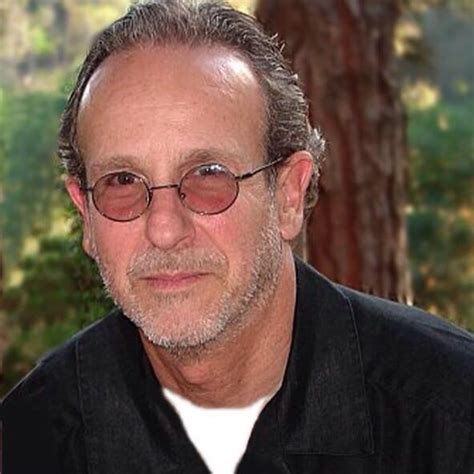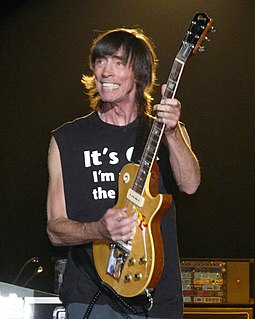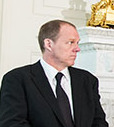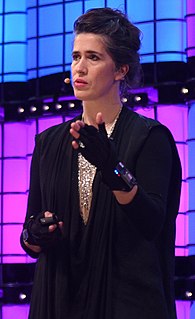A Quote by Annabelle Wallis
All I ever hoped for was freedom of choice and to not have to just do work because I needed to pay the bills. If you can, weave your way into a studio in a situation where it's supportive of the other work you wanna do. Also, there is caliber and weight in studio films, and I think the ideal is to get that balance right: Do a studio film, go away and do something that is smaller.
Related Quotes
If you end up spending more time in the studio than you do on the road, that's not a good balance for me. Because I think when you're in the studio, you need to come off the road and go in the studio and that's when you're applying your best. That's when you've got the best attitude, best energy, all that stuff.
Charles Laughton, who's a great hero of mine, only ever made one film and it happens to be one of the great films ever, which is 'The Night of the Hunter.' It's full of his kind of imagination and creation and how you do things and just in the way he used the studio, I just thought it was a fantastical way of using the studio.
All I've learned is that you need the studio system sometimes, if your budget is a certain size, and other films you can do independently. When I think of a studio, I generally think of distribution. Since I'm a director, I have a similar creative experience on every film I do, because I can control that. But then it's a different film, I think, as it reaches the public, depending on the way it's marketed. I don't know. I haven't learned much of anything. Sometimes you need them, sometimes you don't. Sometimes they want you, most of the time they don't.
I don't use any real vintage hardware any longer. That's always been the object as far as gaining control of the studio environment, going back to when I built my first studio, Secret Sound, in New York City. The whole point was to not have to pay studio bills anymore and not be looking at the clock.
I feel my fuller-bodied characters are all in the independent films I do, and in the studio productions, I have to work harder to dimensionalize the characters. And that's certainly part of the job description of an actor - that's what you're supposed to do - but you have to work harder at it in the characters that I've encountered in studio films.
There's a lot of discussion about whether you should be a good live band or a good studio band. I think you can use the studio to make a great "studio record" and not necessarily have to reproduce exactly that on stage, but still be a great "live band." Having said that, if what you're going for is just the raw capture of your live sound, then that's cool, too - go for it! I enjoy working in the studio, though, and while I try to get near to an approximation of what's going on onstage, it's not my first priority usually.


